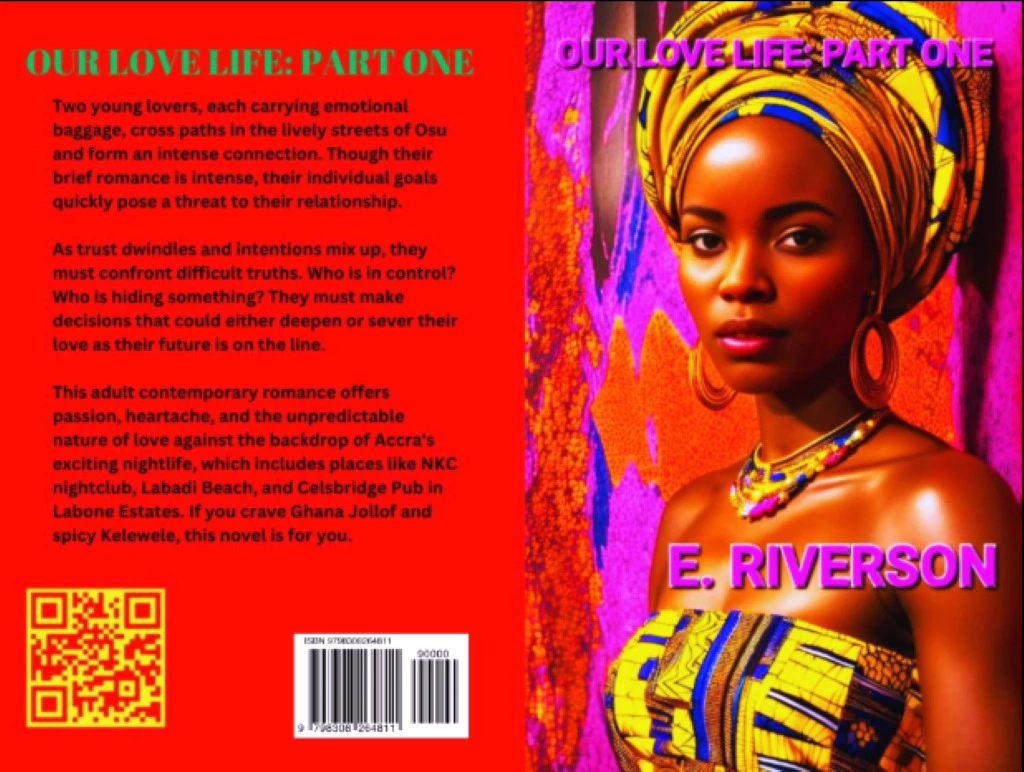Why do men crave additional intimate partners? Intimacy is a universal human desire rooted deeply in our biology and psychology. The allure of new experiences and partners has sparked debates for centuries, often casting men in a light of infidelity and disloyalty. But is it actually that simple? Are men inherently wired to crave additional intimate partners, or is this desire a complex interplay of biology, psychology, and societal norms?
A Historical Perspective
Throughout history, people have portrayed men as hunters—risk-takers driven by instinct to spread their bloodline. From ancient emperors surrounded by harems to influential leaders entwined in affairs, society has often accepted men pursuing multiple relationships. But was this acceptance a justification for their actions or an acknowledgment of innate desires? Polygamous cultures, such as in ancient Egypt and Mesopotamia, institutionalized multiple partnerships, reinforcing the notion that men were naturally inclined to seek variety.

Is the Psychological Drive Nature or Nurture?
The debate over why men seek additional partners often boils down to two perspectives:
- Nature: According to evolutionary psychology, males are compelled by their biology to look for several mates in order to preserve their genes. The renowned evolutionary psychologist Dr. David Buss claims that ‘men are wired to desire variety in partners as a strategy to maximize reproductive success.’ This innate need, which is associated with the survival of the fittest, frequently clashes with the monogamous standards of contemporary society.
- Nurture: Social conditioning, cultural expectations, and personal experiences shape behaviors. Societies have long demanded loyalty and restraint from men, framing desires as immoral or selfish. However, in circumstances where male competitiveness was great, promiscuity was not only tolerated but encouraged.


Why Intimacy Matters: Physical and Mental Stimulation
Intimacy is more than physical acts; it’s about validation, power, and connection. Men may seek additional partners to feel desired, powerful, and fulfilled. The pursuit of intimacy can be a coping mechanism for stress, a boost to self-esteem, or a way to reclaim a sense of power. Mental stimulation, novelty, and emotional validation often drive these desires, blending physical urges with psychological needs.
The Science of Attraction: What Happens in the Male Brain?
When an average man encounters an attractive woman, a cascade of brain activity occurs. The hypothalamus, responsible for regulating sexual behavior, lights up. Dopamine, the pleasure chemical, floods the brain, triggering a rush of desire. This reaction is not a justification for behavior but a biological reality. Neuroscientist Dr. Helen Fisher explains, ‘Romantic love and attraction are not just emotions; they are powerful brain systems that evolved to drive reproduction.’
The brain’s reward system becomes hyperactive when faced with novel partners, reinforcing behaviors that increase chances of reproduction. This is why men may feel a surge of excitement when meeting a beautiful, alluring woman—it’s a reaction deeply embedded in their biology. Dr. Fisher goes on to say, ‘Men’s brains are wired to notice fertility cues—youth, beauty, and health—as signals of reproductive success.’ Read more: https://helenfisher.com/intimacy-are-men-and-women-on-the-same-page/
Controversial Questions
- Are men naturally polygamous, or is monogamy an unrealistic expectation?
- Is seeking multiple partners a sign of weakness or a testament to honesty about desires?
- Can love and commitment exist alongside a desire for variety?
- Is it fair to judge men harshly for desires hardwired into their biology?
- How can couples navigate honesty in a relationship without judgment or resentment?
Cutting Men Some Slack
Society often shames men for their desires, branding them as unfaithful or insatiable. But is it fair to expect absolute monogamy in the face of biological instincts? The pressure to suppress desires can lead to frustration and resentment. Understanding these desires does not mean condoning betrayal but acknowledging the complexity of human nature. Men, like all humans, have impulses that require understanding, compassion, and balance.


The Balance: Intimacy and Relationships
How can relationships thrive when desires conflict? Honest communication, understanding, and even unconventional arrangements can provide a path forward. In ‘OUR LOVE LIFE: PART ONE & TWO, characters face these challenging questions, exploring love, lust, and loyalty. The multidimensional dynamics highlight the beauty of relationships built on honesty, acceptance, and understanding. Watch a short video: https://vm.tiktok.com/ZMB9hCVr7/




A Tale of Complexity: A Glimpse into ‘OUR LOVE LIFE’
In these books, characters grapple with desires, passions, and the pursuit of fulfillment. They embody the questions raised in this post—what happens when love, loyalty, and lust collide? It’s a fascinating, forgiving exploration of human desires and the search for true connection. The raw, emotional struggles bring readers face-to-face with uncomfortable truths about relationships.
Conclusion
Understanding men’s desires means acknowledging the complexities of human nature. It’s not about excusing behavior but exploring the forces at play. Dive deeper into the intricacies of love and relationships in ‘OUR LOVE LIFE: PART ONE & TWO,’ now available on Amazon. Stay tuned for more insights on love, relationships, and the pursuit of fulfillment! For more exciting books, click https://eea-marketing.com/books/

